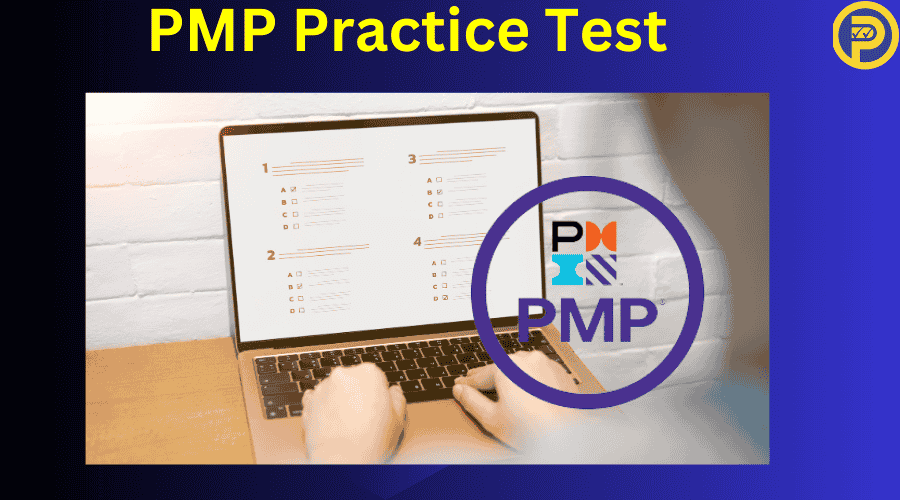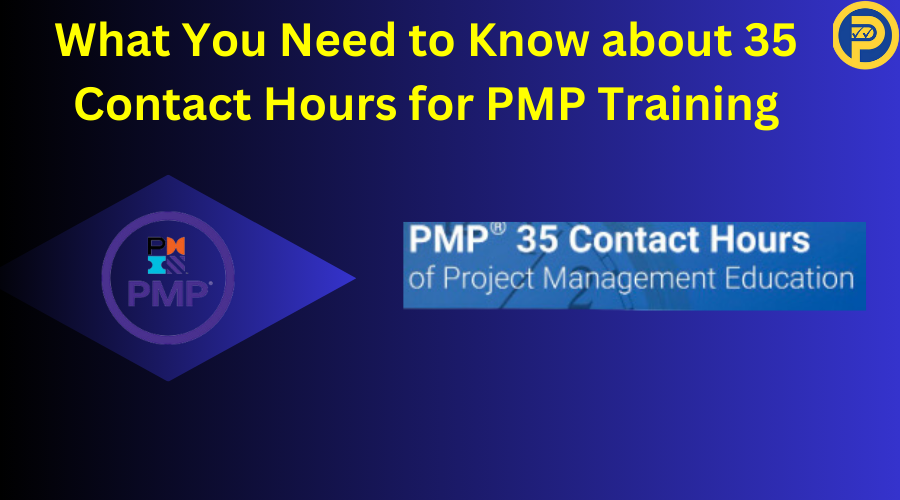To qualify for the Project Management Professional (PMP) exam, candidates must complete 35 contact hours of formal project management education. This requirement is set by the Project Management Institute (PMI) and is essential for demonstrating that you have the necessary knowledge and skills to manage projects effectively.
Each hour spent in a training session, seminar, or similar educational activity counts as one contact hour.
What Qualifies as Contact Hours?
Only instructional training that is directly related to project management qualifies for contact hours. This includes:
- Classroom Training: In-person sessions led by qualified instructors.
- Online Training: Virtual courses that offer interactive learning experiences.
- Workshops and Seminars: Short-term events focused on specific project management topics.
It’s important to note that while an MBA or similar degree does not automatically fulfill the 35 contact hours requirement, you can document relevant classes you’ve taken and receive credit for those hours.
PMI conducts random audits of applicants, so maintaining documentation for each contact hour is crucial. If you complete your training through a PMI Authorized Training Partner (ATP), obtaining a certificate of attendance is straightforward. ATPs are recognized by PMI for providing quality instruction that meets the certification requirements.
What Does Not Qualify as Contact Hours?
Training that does not relate directly to project management does not count toward your contact hours, even if it provides valuable skills. For example, courses focused on leadership or personal development may be beneficial but will not fulfill the formal education requirement.
Additionally, self-study hours or using exam simulators do not count; simply studying the PMBOK Guide or engaging in free PMP practice questions is insufficient to meet this requirement. The good news is that contact hours never expire. Even if your training occurred many years ago, it still counts toward your PMP application.
The Importance of 35 Contact Hours
The 35 contact hours serve multiple purposes in your journey toward PMP certification. They provide an opportunity to refresh or update your project management knowledge. While having active project management experience is valuable, it doesn’t guarantee familiarity with PMI-approved methodologies or readiness for the PMP exam.
Completing these 35 contact hours ensures that your knowledge aligns with current standards and practices. These hours also serve as a critical foundation for exam preparation. For instance, many training programs are designed specifically to equip you with the knowledge and tools necessary to pass the PMP exam successfully.
Strategically timing your contact hours can enhance your study plan for the rigorous PMP exam. Completing these hours at the start of your preparation establishes a solid base for further studies. Alternatively, if you schedule these hours just before your exam date, they can serve as a valuable PMP exam prep guide on PMI-approved materials.
Related post: How to Earn 60 Free PDUs for PMI’s PMP Certification Renewal
Recommended Online Training Resources
To help you prepare for the PMP certification, we recommend the following online training resources:
- For PMP: Prepsaret offers comprehensive online PMP test prep resources, including practice test questions and study notes to enhance your exam preparation.

- For PMI-ACP: Consider The Agile PrepCast, which is specifically designed for those pursuing the PMI Agile Certified Practitioner certification.
- For CAPM: The CAPM PrepCast is an excellent resource for individuals preparing for the Certified Associate in Project Management exam.
Options for Obtaining Your 35 Contact Hours
There are several ways to fulfill the requirement of 35 contact hours. Here are some popular options:
-
Classroom Training Programs
Classroom training is a traditional method where participants attend in-person classes over several days—typically three to four—to complete their 35 contact hours certificate. These programs often provide an interactive learning environment where students can engage directly with instructors and peers.
Classroom programs are known as boot camps and were historically among the most popular options for PMP training. If taught by experienced instructors, these sessions can provide invaluable insights based on real-world experience. However, classroom training can be expensive, with costs ranging from $1,000 to several thousand dollars.
Benefits of Classroom Training:
- Quick completion time
- Interactive sessions allowing networking
- Immediate assistance with technical difficulties
Drawbacks of Classroom Training:
- High costs
- Limited availability in smaller cities
- Fixed schedules with limited seating
- Online PMP Training Programs
Online training has gained popularity due to its flexibility and accessibility. With online courses, you typically pay via credit card and gain immediate access—usually ranging from three months to one year.
Once enrolled, you can study at your convenience using any desktop computer, laptop, or mobile device. After completing the course requirements, you’ll receive a certificate confirming your 35 contact hours.
Online PMP training programs are generally more affordable than classroom options, costing between $100 and $1,000—rarely exceeding $1,000. They allow you to study from anywhere without seat limitations; you can join whenever it suits your schedule.
However, online programs do come with some disadvantages:
- Lack of interactivity may lead to boredom.
- Response times for queries can be slow due to delays from providers.
Benefits of Online Training Programs:
- Cost-effective
- Flexible scheduling
- Guaranteed admission without seating limitations
- Accessible from any location
Drawbacks of Online Training Programs:
- Sessions may lack interactivity
- Delayed responses to questions
- Potential loss of interest due to self-paced learning
Read also: How To Study and Prepare For The PMP Exam
FAQs
How to Get 35 PDUs for PMP Certification?
To earn Professional Development Units (PDUs) for maintaining your PMP certification, engage in various educational activities. Completing the required 35 contact hours during your initial training counts toward PDUs.
After certification, you can earn additional PDUs by attending workshops, webinars, and conferences related to project management. Participating in volunteer work or mentoring others also qualifies. Remember that a minimum of 60 PDUs is required every three years to maintain your PMP status.
What Counts as Project Hours for PMP?
Project hours refer to the time spent leading and directing projects, which is essential for eligibility for the PMP exam. To qualify, candidates must demonstrate at least 36 months (3 years) of project experience if they hold a bachelor’s degree or higher, or 60 months (5 years) if they have a high school diploma.
This experience must include specific responsibilities such as planning, executing, and closing projects and should be documented within the last 8 years.
How Many Hours to Study for PMP?
The amount of time needed to study for the PMP exam varies among individuals but typically ranges from 100 to 200 hours of focused study. Many candidates find that dedicating around 3 months to preparation allows them to cover all necessary materials effectively.
It’s advisable to create a structured study plan that includes reading reference books like Head First PMP and the PMBOK Guide, practicing with PMP practice questions, and taking mock exams using simulators.
This comprehensive approach helps ensure a thorough understanding of project management concepts and readiness for the exam.

